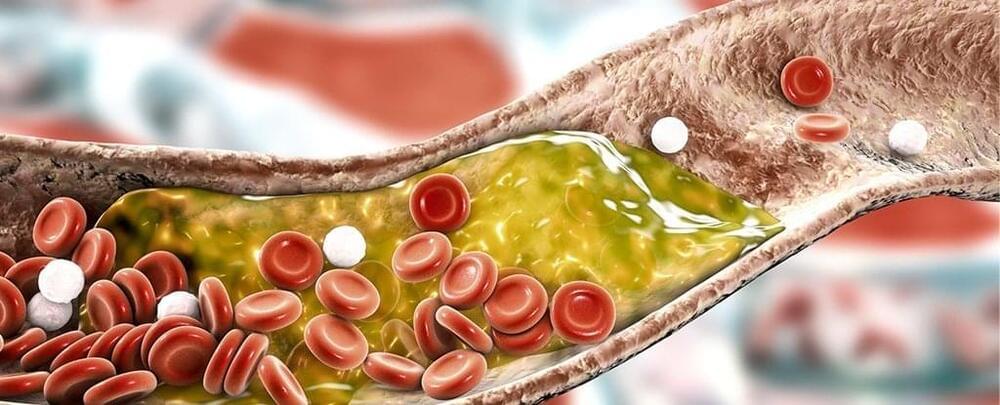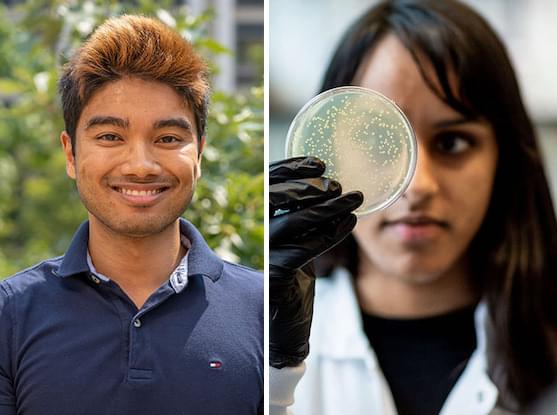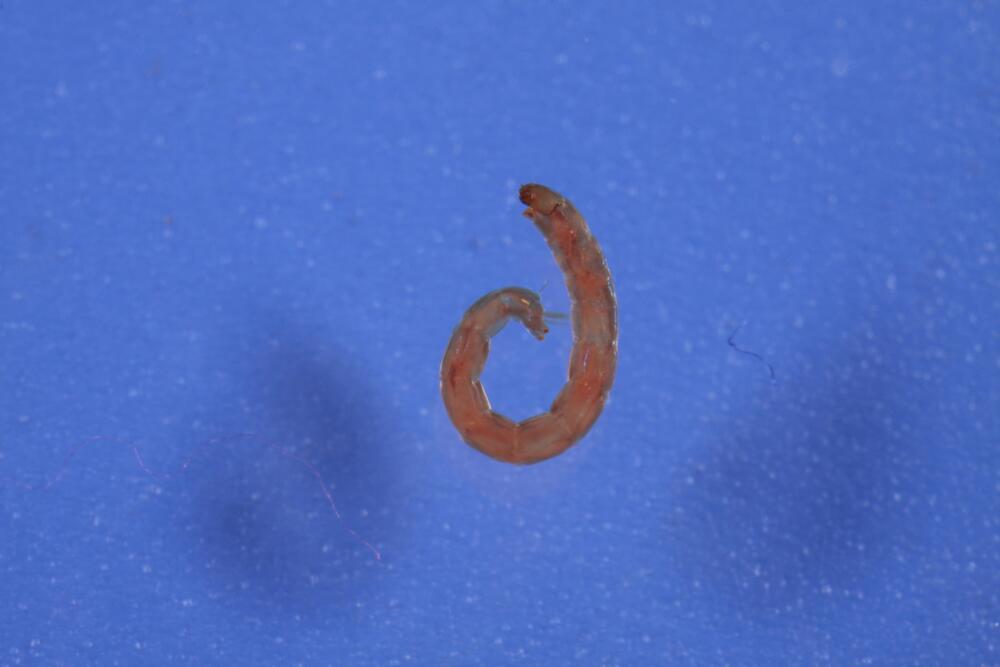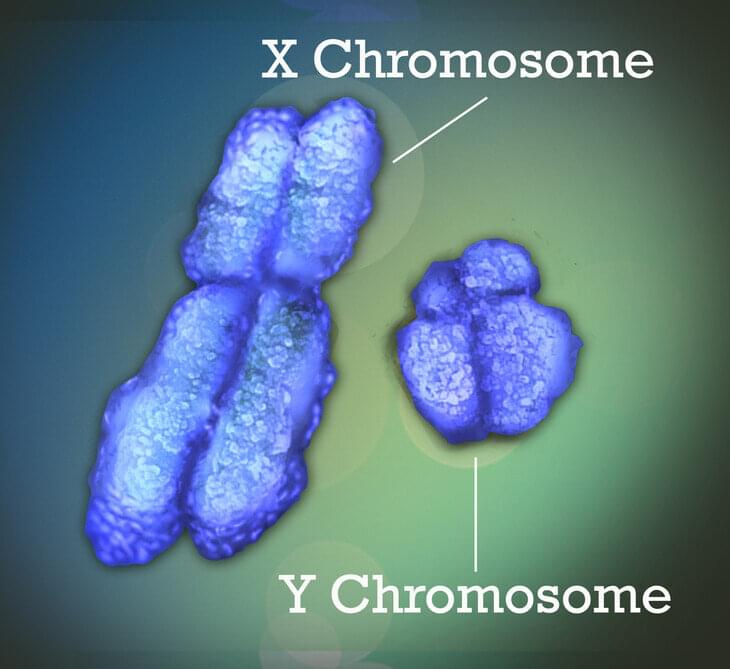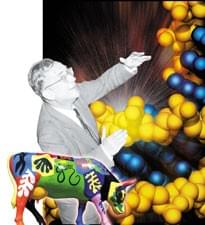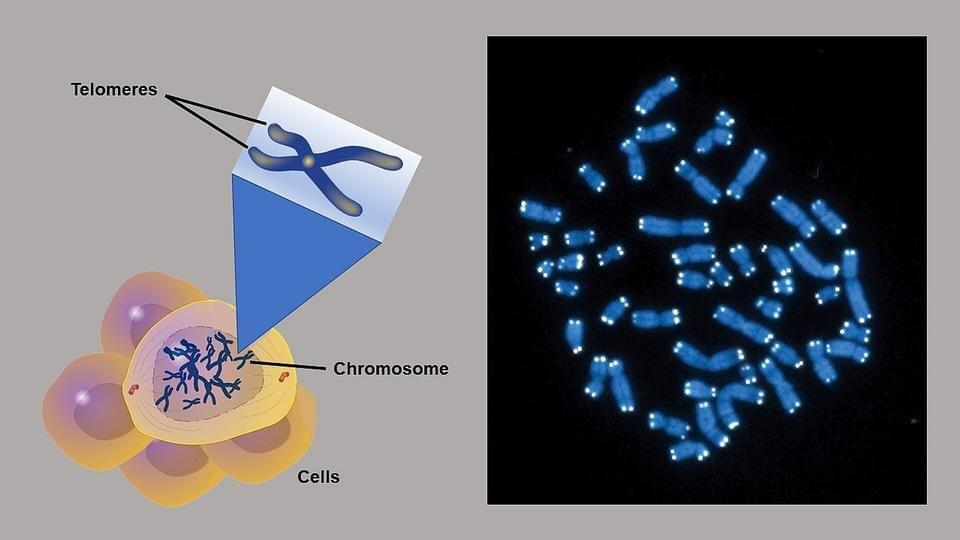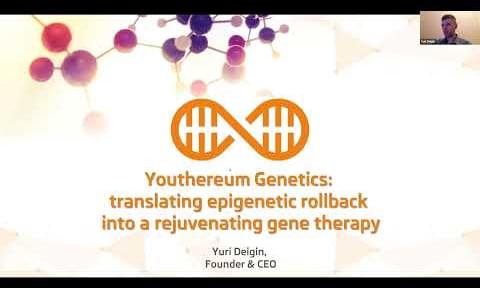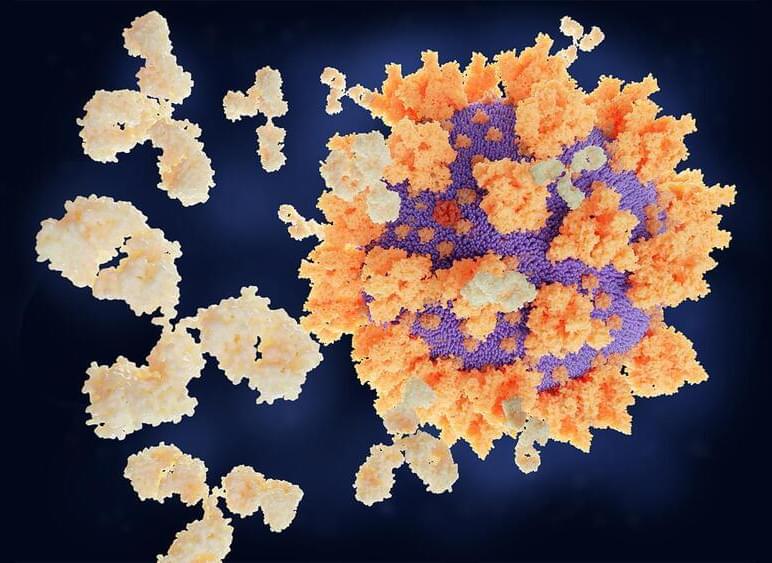Sep 13, 2021
A fountain of youth for ageing stem cells in bone marrow
Posted by Kevin Huang in categories: biotech/medical, genetics, life extension
As we age, our bones become thinner, we suffer fractures more often, and bone-diseases such as osteoporosis are more likely to occur. One responsible mechanism involves the impaired function of the bone-marrow stem cells, which are required for the maintenance of bone integrity. Researchers from the Max Planck Institute for Biology of Ageing and CECAD Cluster of Excellence for Ageing Research at the University of Cologne have now shown that the reduced stem cell function upon aging is due to changes in their epigenome. They were able to reverse these changes in isolated stem cells by adding acetate. This fountain of youth for the epigenome could become important for the treatment of diseases such as osteoporosis.
Aging Researchers have been looking at epigenetics as a cause of aging processes for some time. Epigenetics looks at changes in genetic information and chromosomes that do not alter the sequence of the genes themselves, but do affect their activity. One possibility is changes in proteins called histones, which package the DNA in our cells and thus control access to DNA. The Cologne research group of Peter Tessarz has now studied the epigenome of mesenchymal stem cells. These stem cells are found in bone marrow and can give rise to different types of cells such as cartilage, bone and fat cells.

